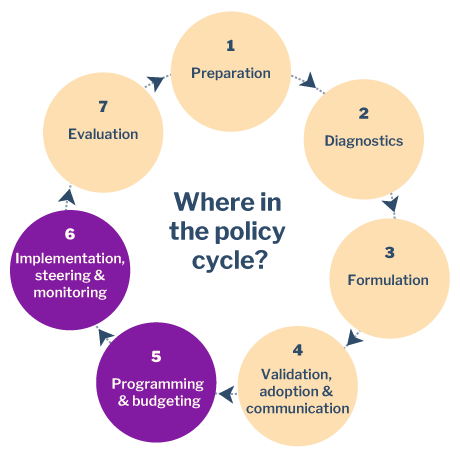Nudging technique: Reframing, Mindfully setting the default
Also: Transform social expectations of men

In many industries and sectors, professionals are expected to work “9-to-5.” For parents who care for children, this is a major challenge, and they face a “double burden” of full-time responsibilities at home and at work. In most cultures, the family caregiver is expected to be the mother, making it difficult to pursue a career and meaning these types of careers tend to attract more men than women. In many cultures, however, men are expected to be the primary earners, and face a stigma when they choose to prioritize raising children. In order to equalize the opportunities for both men and women to focus on career and family, Unilever made flexibility the norm for the whole company with their Agile Working program, installed in 2009. This program reframed expectations of what constituted full-time work by “paying for performance, not for facetime.” By default, employees could determine what was needed to get the job done and work on their own schedule and from any appropriate location (including home).
Agile Working promotes job-sharing, helps attract and retain talent, and drives overall performance. If people want to work differently it is an option for them, but no one is forced to work remotely. Since the program equalized choices for men and women, caregiver expectations were no longer a barrier for either gender. This makes it easier to balance family and work and allows both parents to spend more time with their children during the day. This made women more likely to remain at Unilever after giving birth or having children, and increased productivity and reduced travel costs for both genders.
Where in the policy cycle can this approach be used?

Potential for change
There are many types of work that could be structured around the idea of performance and not facetime. Like the concept of working by the hour in the Honduras example, creating policies and programs that remunerate people for their performance of specific tasks allows people to be more flexible in balancing work and home duties. The nudge here is not just to employees, but also to employers, to reframe the way we think about work and jobs.
Sources:
Boothby, Alison (2013). The end of the workplace as we know it ![]() .
.